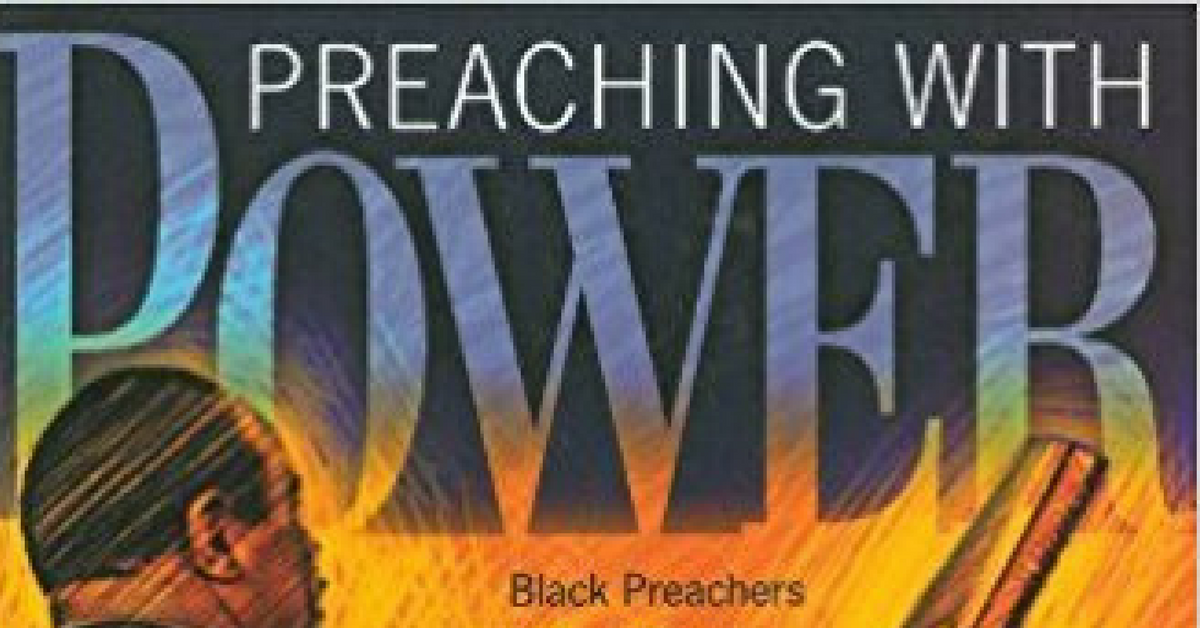 It is interesting that Christianity has become more and more a “individual” thing between me and God.  This mindset causes us to ignore the command to “neglect not the assembling of ourselves together.” (Hebrews 10:35) We come more and more to the selfish conclusion that I don’t need to be among others, not realizign the need to help and encourage others as this scripture states.
It is interesting that Christianity has become more and more a “individual” thing between me and God.  This mindset causes us to ignore the command to “neglect not the assembling of ourselves together.” (Hebrews 10:35) We come more and more to the selfish conclusion that I don’t need to be among others, not realizign the need to help and encourage others as this scripture states.
Another way that this individualization of Christianity has affected us is that when we sin against someone, we have no problems asking God for forgiveness. We go ask God to forgive us of our sin, but how often do we go ask the one who we have wronged forgiveness? And even more than that, how often do we restore that which we have done wrong?
The ancient Hebrew Trespass Offering is illustrative here. Numbers 5:6, 7 tells us that when the sinner sinnned that sinner would confess to God. this is an important step.  But there are other steps.
Then the sinner would make restitution. In Numbers 5:7 it tells us that they not only restored but added interest to that restoration. This shows how serious the penetent is about forgiveness. It shows whether it is just a sham or whether it is real. When you have wronged someone, the Biblical imperative is that you must make that wrong right. You are not off the hook simply by asking God to forgive and going on.
Then The sinner would bring a sacrifice as written in Leveticus 6:6. Finally the priest would then secure an atonement for forgivness for the sinner. This is in Leviticus 6:7. Restitution is not a suggestion, neither is it optional, for the penitent sinner restitution was required.
Zacchaeus recognized this when at his conversion he decided to restore fourfold that which he had gotten by sinful behavor. (Luke 19:8-10). In the final analysis the depth of our desire for real forgiveness is shown at least partially by our willingness to set right that which we have set wrong. Will we be agents of God’s resoration by reversing the affects as best we can? Or will God have to use someone else to work this reveral?



 Dr. R. Clifford Jones has?edited a book of interviews with prominent African American Seventh-day Adventist preachers entitled Preaching with Power.? You can obtain the book from the ministerial association.? In the next 11 posts I will look at each preacher?s
Dr. R. Clifford Jones has?edited a book of interviews with prominent African American Seventh-day Adventist preachers entitled Preaching with Power.? You can obtain the book from the ministerial association.? In the next 11 posts I will look at each preacher?s 
